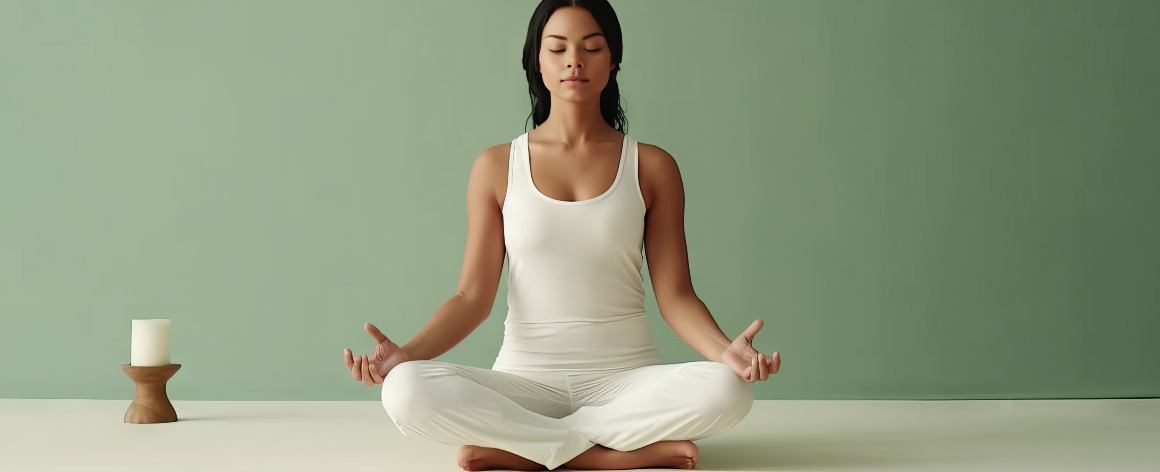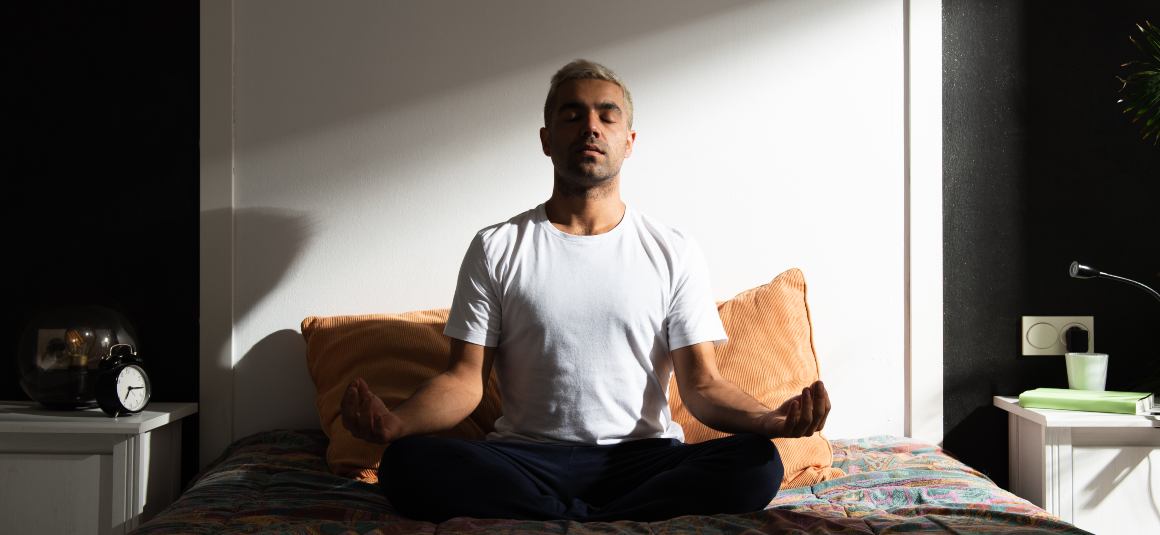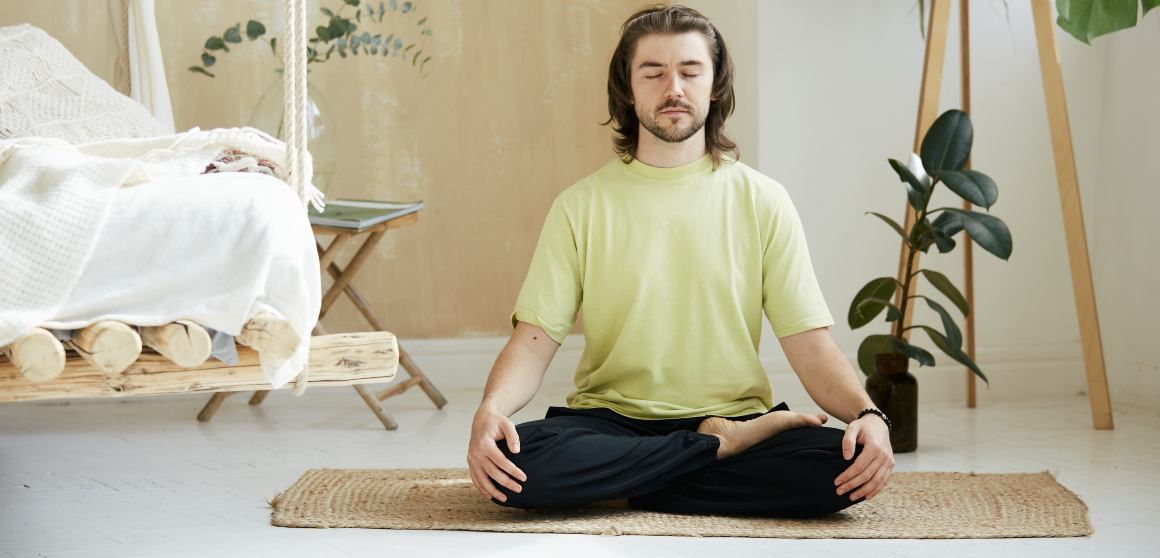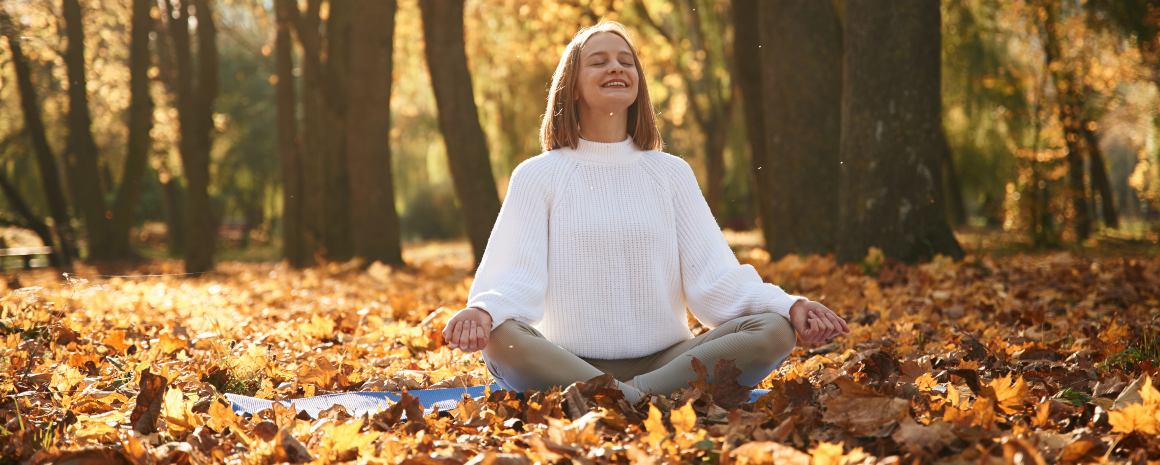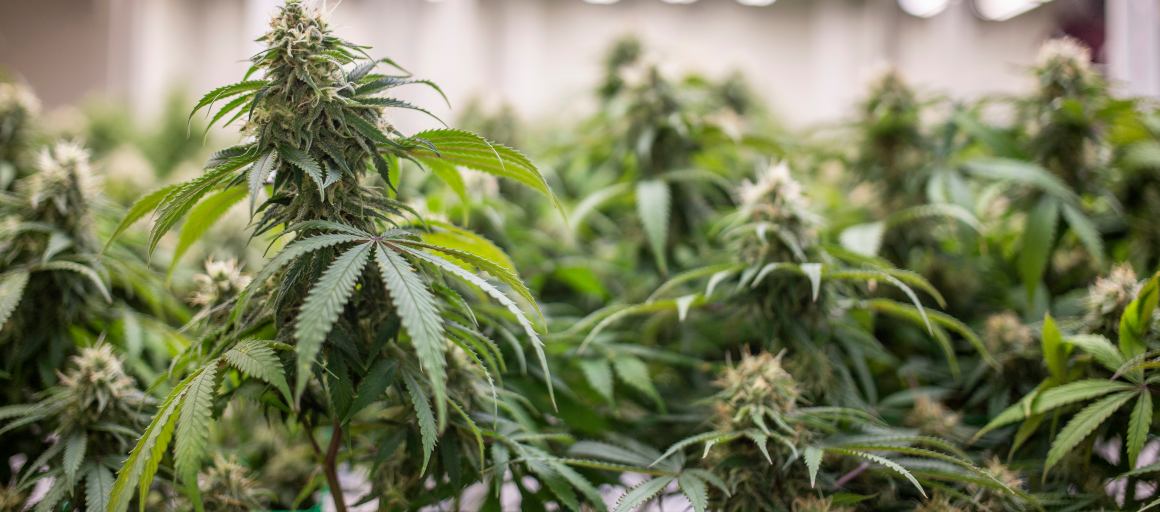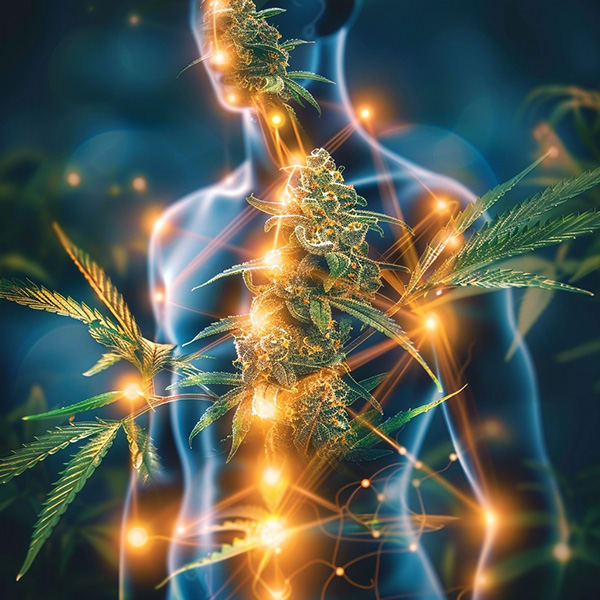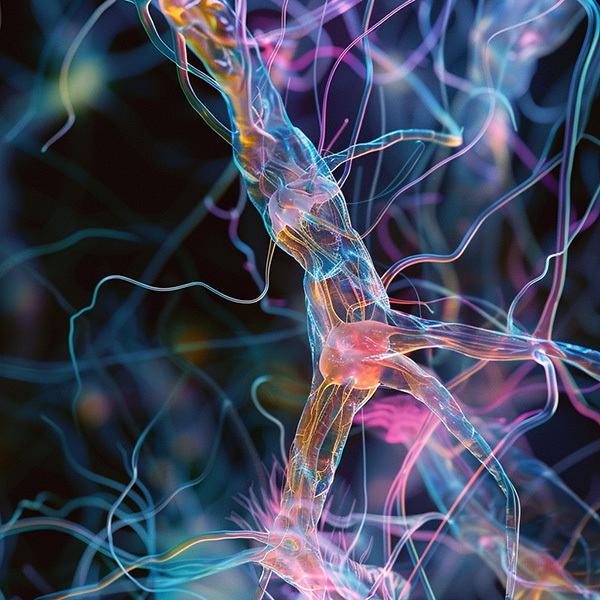
Latest news | Page 3
-
Who should avoid practicing mindfulness?
May 14, 2024
If mindfulness might not be right for you, look for other paths. It's smart to find what fits your needs best. Getting help from pros can point you in the right direction. It's key to keep studying to make sure mindfulness helps, not hurts, especially for those it may not suit. Mindfulness can be helpful, but we need to be smart about it. Go slow, ask for advice, and be careful. This way, we make sure to tap into the good it can bring. But, at the same time, we work to avoid any problems along the way.
-
Is mindfulness suitable for everyone?
May 14, 2024
Mindfulness is very popular for making our minds feel good. It helps a lot with stress. A big study in 2010 looked at 39 other studies. It found out that mindfulness-based therapy can really change how we feel and think. This can help with many health issues. Thinking carefully and feeling better are some good things that mindfulness does. It can also help us focus better. For example, 20 new meditators got better at handling bad feelings and thinking more clearly after a 10-day meditation retreat.
-
How to improve memory and mindfulness?
May 14, 2024
Mindfulness meditation is an amazing tool for boosting memory and focus. It helps by cutting down on distractions. It also increases the size of the hippocampus and betters working memory. Recent studies, like the ones by Basso et al. (2019) and Norris et al. (2018), show these perks. We see benefits in attention, memory, mood, and how we handle emotions, even if we're new to meditation.
-
How to rewire the brain through meditation?
May 14, 2024
he power of mindfulness and meditation is clear. It changes our brain for the better. We learn from the science of brain plasticity. Meditation lessens stress, boosts focus, and makes life brighter. Studies show that it helps with anxiety, depression, and pain13.
Even four days of mindfulness training can make us sharper.13 Also, doing mindfulness just for 27 minutes daily grows our brain's gray matter. This helps in memory, self-awareness, and loving others more13.
-
How to achieve mental calmness and stability?
May 14, 2024
A journey to mental calmness and emotional stability takes work and care. Start by focusing on practices like meditation. They lower stress, anxiety, and depression17. This helps us feel more peaceful inside. It's also key to exercise, be in nature, and sleep enough - at least 7-8 hours nightly1817. Did you know one in five Canadians faces mental illness each year? And by 40, half of us will have dealt with it18.
-
Germany Says yes to Legal Weed, But Not Without Reservations
May 6, 2024
Germany has legalized possession of small amounts of cannabis for recreational use, sparking celebrations and concerns. Adults can now possess up to 25 grams and join non-profit "cannabis clubs" to purchase more. The government aims to undermine illegal trade and free up law enforcement resources. However, medical associations and police unions warn of potential health and safety risks, especially for youth. The move could generate economic benefits but also faces opposition from certain groups.
-
What are the symptoms of endocannabinoid deficiency?
April 30, 2024
Endocannabinoid deficiency can lead to symptoms like chronic pain, sleep issues, mood changes, digestive problems, and cognitive difficulties. Factors like stress, diet, and genetics can contribute to this imbalance. Supporting the endocannabinoid system through lifestyle changes, supplements like CBD oil, and consulting with healthcare professionals may help restore balance and alleviate symptoms. A holistic approach is key for overall well-being.
-
Which cannabinoid is responsible for the psychoactive effects?
April 30, 2024
THC (tetrahydrocannabinol) is the primary psychoactive cannabinoid found in cannabis, responsible for the "high" associated with marijuana use. It interacts with the endocannabinoid system, particularly the CB1 receptors in the brain, influencing various brain functions. While known for recreational use, THC shows potential therapeutic benefits. In contrast, CBD is a non-psychoactive cannabinoid offering potential therapeutic properties without intoxication.






.png)


